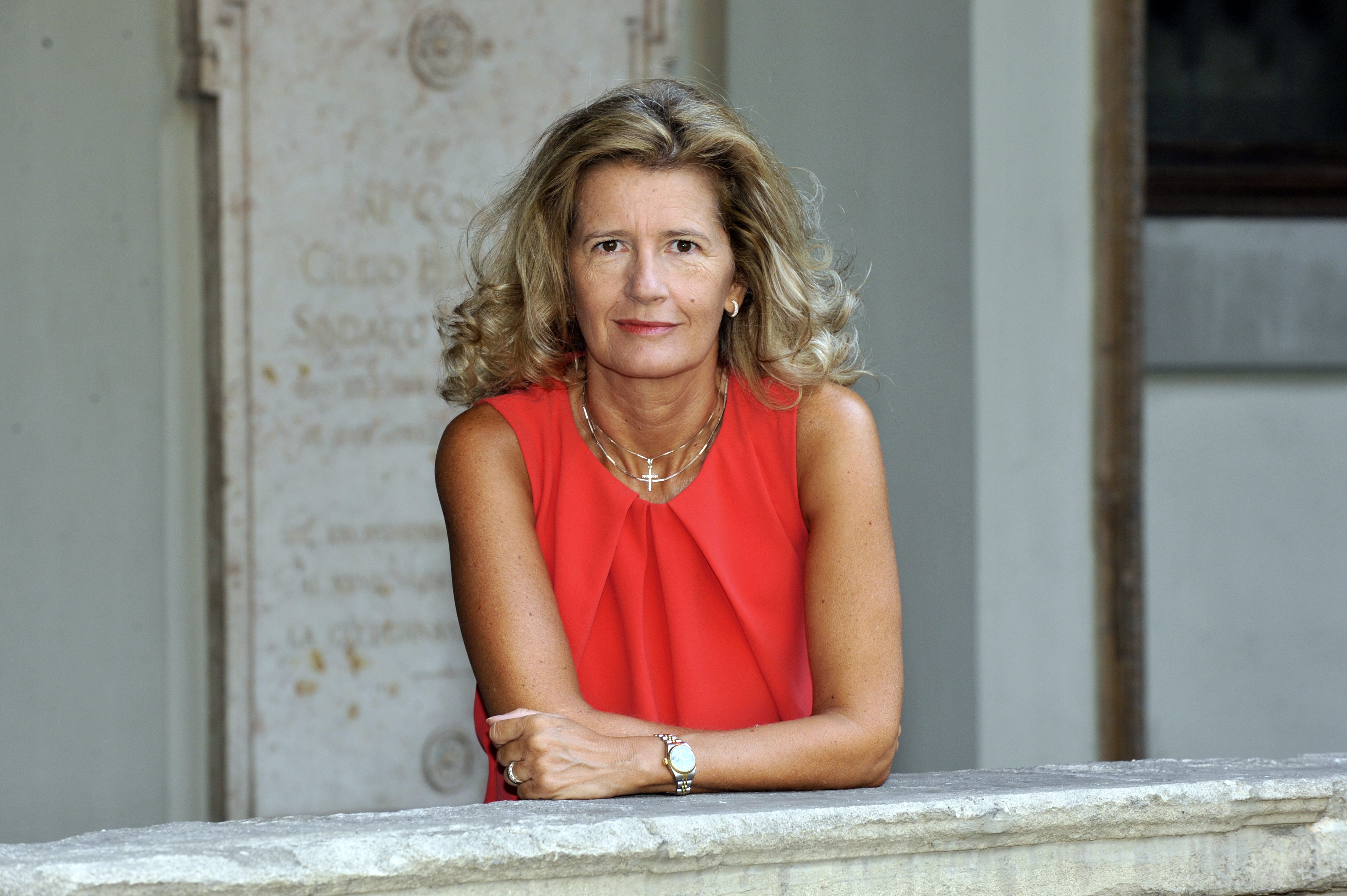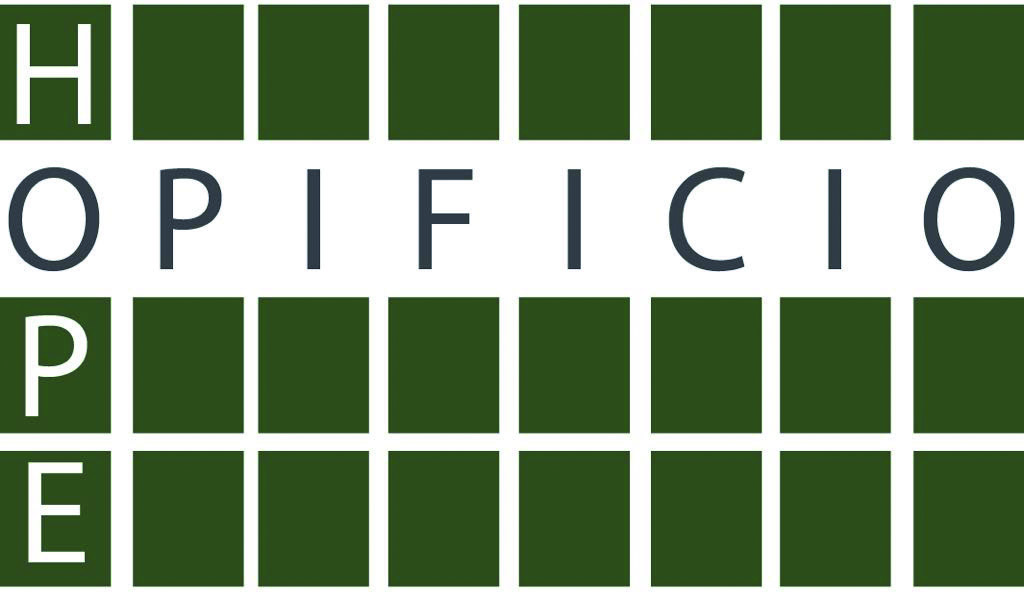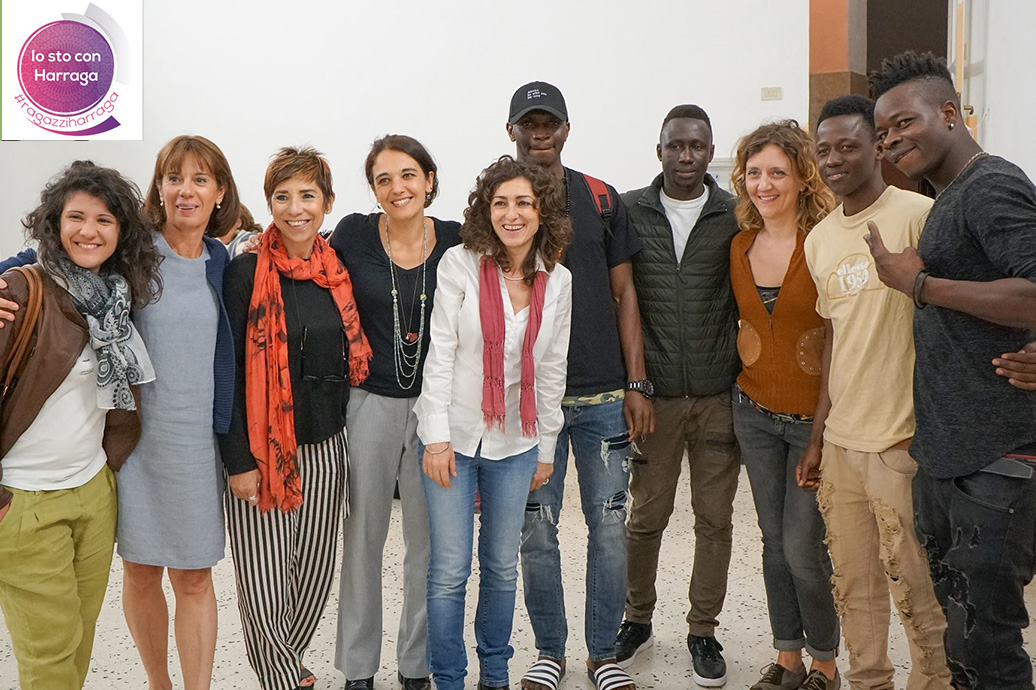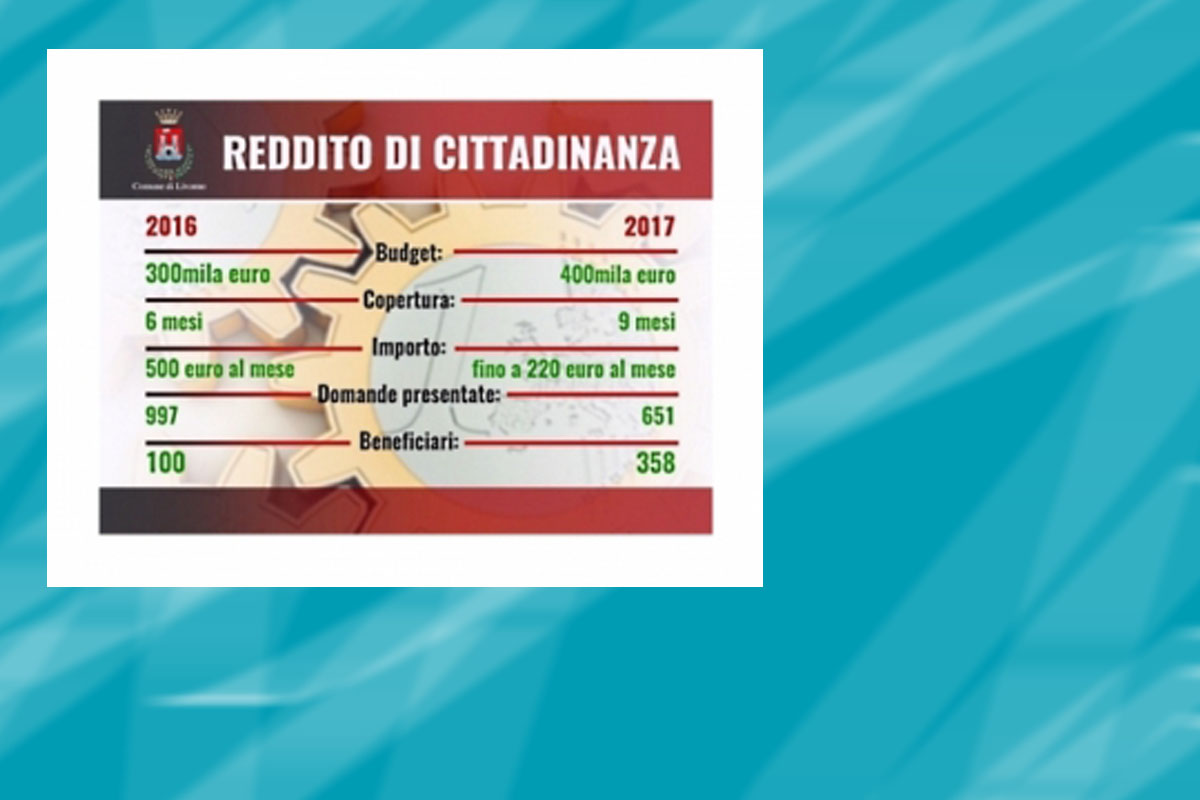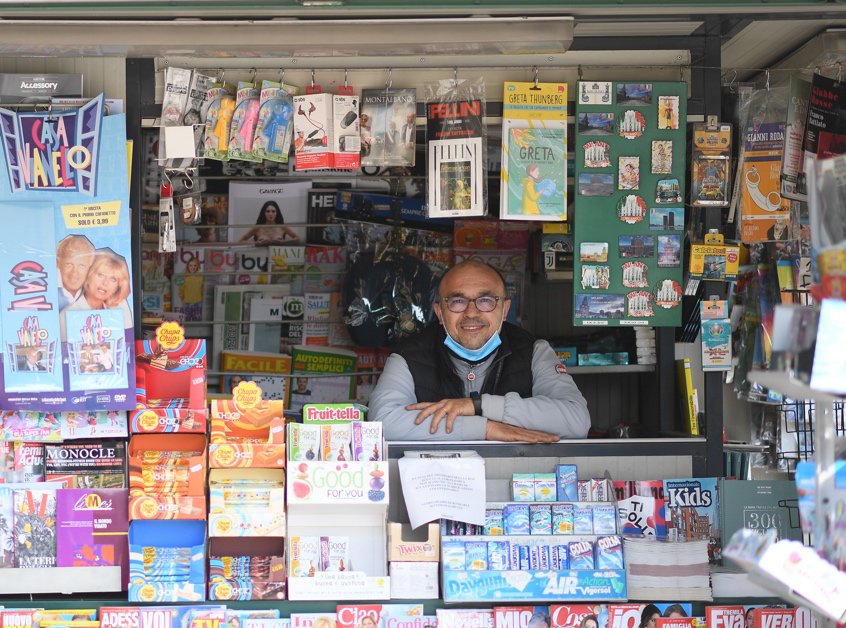
The City of Milan develops an app to enable newsstands to securely provide citizens with certificates issued by the registry office on demand.
IMPROVING DIGITAL SERVICES
The Municipality of Milan conducted a study to identify ways to improve digital service delivery to citizens. It was found that citizens’ records and certificates were the items requested most frequently on the Digital Citizen Folder – Milan’s digital services platform. However, while many people wished to access services online, they lacked the equipment or know-how necessary to access the internet. This digital gap meant that a significant number of citizens had to travel across the city to the General Registry Office just to obtain a paper certificate.
CONNECTING NEWSSTANDS WITH THE REGISTRY OFFICE
In line with the city’s digital rights policy, the municipality identi- fied an innovative way to remotely provide certificates to people affected by the digital gap. Leveraging the city’s interoperability plan and data pool, the dedicated Connect Newsstands app was developed to allow newsstands to securely access up-to- date information at the registry office and deliver certificates on demand. This project relies on the historical importance of newsstands within communities, demonstrating how cities can expand the use of pre-existing urban infrastructure and use digital tools to create additional value for their citizens.
CLOSING THE DIGITAL GAP
Newsstands were chosen as one of the most trusted and most frequented retail points among senior citizens. Citizens can now get certificates at over 85 locations around the city. Since the initiative started, more than 80,000 certificates have been issued using the service. The project addresses digitalisation in an innovative way, combining digital inclusion and sustainability practices. The combined effect of the Digital Citizen Folder and the Connected Newsstands app saves the city 49 tonnes of carbon dioxide each year (equivalent to planting 3,266 trees).

